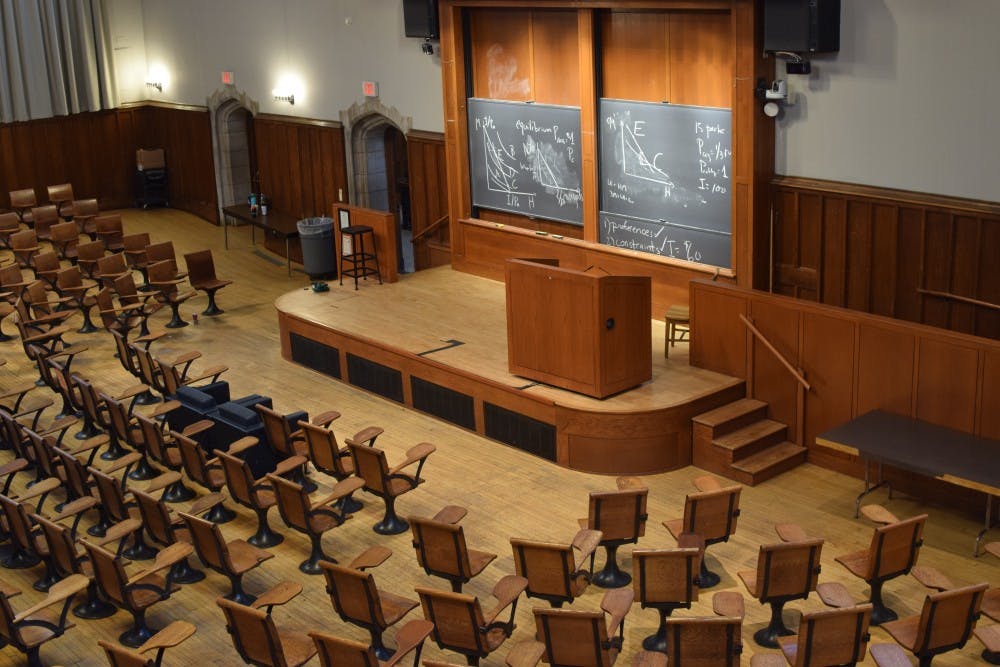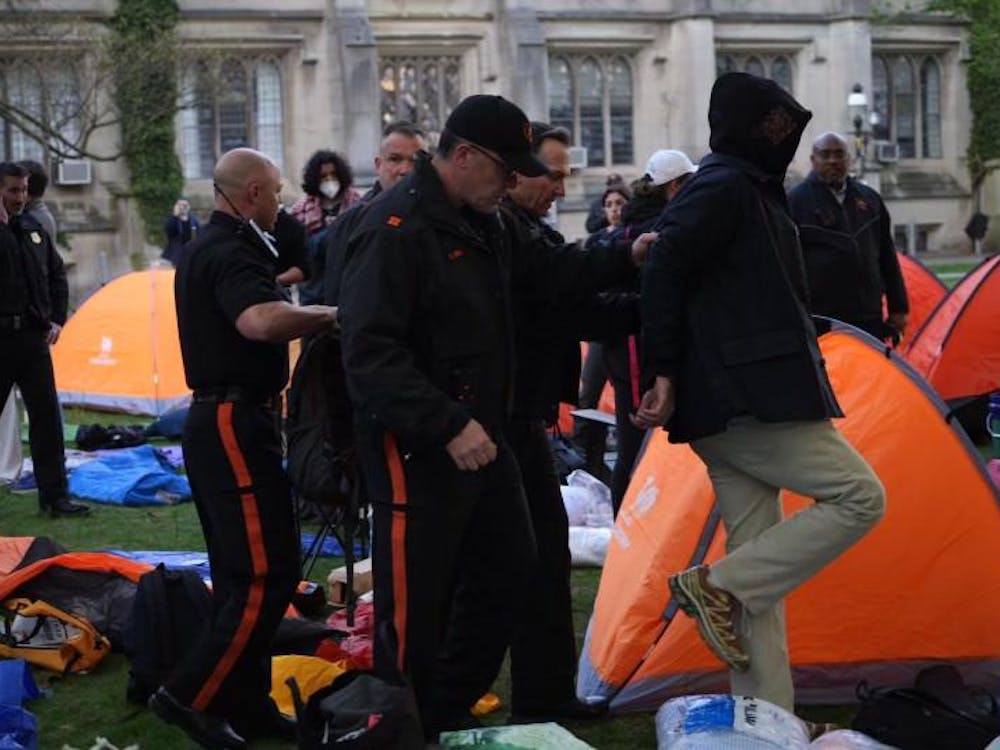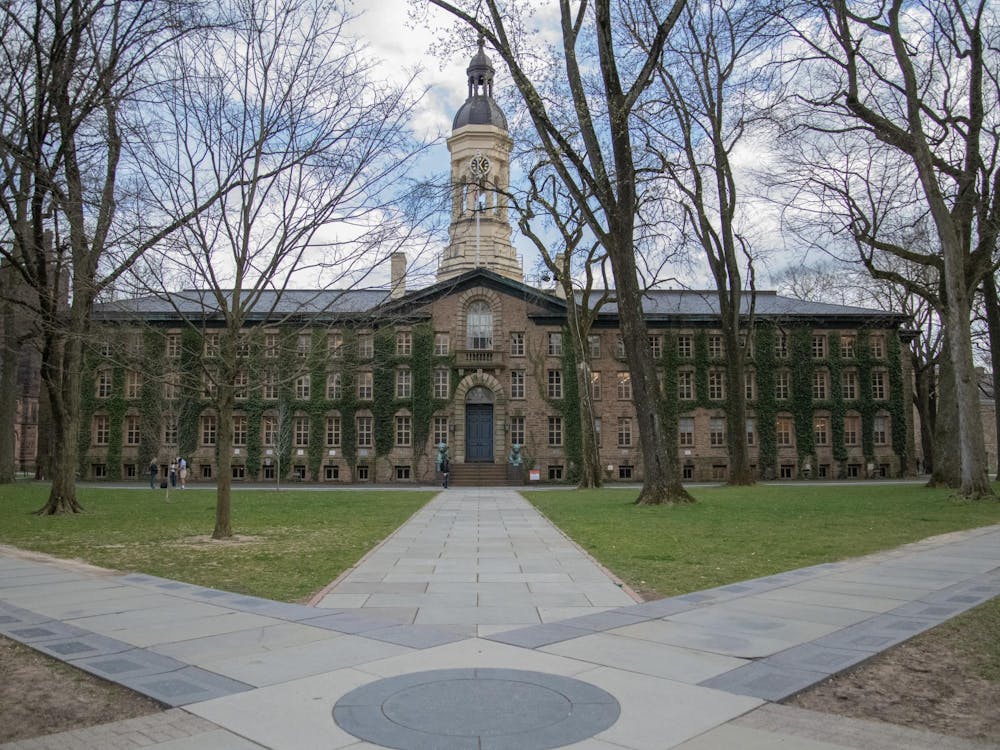The spring junior paper (JP) is the first experience many students have with independent work while at the University. While the JP may be intended to function as a precursor to the eventual senior thesis, the lack of course credit for this work diminishes much of the value which the JP could potentially offer. Increasing the length of the JP, while also ensuring it counts for one course credit, would enable students to take three courses in their junior spring, hence letting them produce higher quality work for the paper.
While the length is specific to each department, junior papers are relatively substantial pieces of work, especially when compared to a normal course load. For example, the history department’s recommended range for a spring JP is 30–35 pages. Thirty-five pages of independently produced content can be significantly more work than is done in a regular course, and is also done with less guidance than one would be able to receive while if producing that same amount of work for a course. Obviously, though the JP-to-course ratio can vary, few would argue that the JP effectively functions as a fifth class for juniors.
As all students come to learn, the University is not opposed to us taking a fifth class — in fact, it recommends that students take a fifth class at least once. The University notes that before junior year even A.B. students will have to take a fifth class “in order to meet the expectation that 17 courses will have been completed by the start of junior year.” On top of this semester in which five actual courses are taken — frequently a semester in one’s sophomore year — there is the matter of the junior paper.
There are two primary reasons for counting the JP as a course; one being that including it in the normal course load students will be able to produce higher quality work and be better prepared for the senior thesis; the other being that even if in turn the mandatory number of courses was increased, it would be beneficial to students to have the University at least recognize that we are doing the work of a fifth class.
The Office of Undergraduate Research describes the JP as serving “as a precursor to your senior thesis, a valuable training ground where you will receive detailed feedback from your faculty adviser as you learn to formulate and examine ambitious research questions through the lens of your chosen discipline.” However, this opportunity to work with an advisor and practice the skill of independent research is squandered when it is paired with a standard four-course workload.
A student must naturally divide their time between all of their work, meaning that in what might be the most important semester in terms of preparing for the senior thesis, the University has chosen to make fully engaging with our training ground an even more challenging task. Counting the junior paper as a course would alleviate much of this burden. If departments chose, they could even increase the length of the JP if they believed that counting it as a course while keeping the same length to be too easy.
If the University still wishes that we de facto take five courses junior spring, at least acknowledge that what we are doing is essentially the work of a course. This is a simple as raising the necessary number of course credits by one, and then counting the JP as one credit. Not counting the JP as a credit leaves the intensity of the work ambiguous, possibly preventing our future employers and institutions from recognizing the full extent of the work that we have done during our undergraduate careers.
In its current state, the junior paper is a time-consuming endeavor for which we are neither properly compensated nor sufficiently empowered to complete to its highest potential. The University should give us course credit for the JP in order to rectify this situation.
Hunter Campbell is a senior politics major from Sunderland, Vt. He can be reached at hunterc@princeton.edu.










